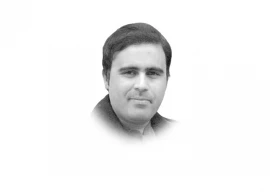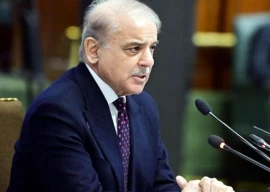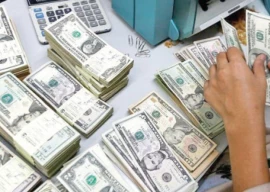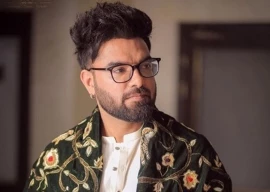
What happened in the middle?
In day-long meetings chaired by Nawaz himself, the hawks and doves in the party butted heads and matched wits to convince their boss why they were right. But as the sun went down, their disagreement turned to agreement over a singular conviction: the seeds of Imran’s ultimate failure lay in what looked like the height of his triumph.
The Ishaq Dars and Pervez Rashids were unwilling to hand over a province with so much fiscal space — where there was endless room to allocate resources for desired projects without undermining either the government’s financial position or the economy. For the hawks, K-P presented a perfect playground for clean governance: enough funds to do real, meaningful work and a past administration that had performed so extraordinarily badly that anything would be seen as an improvement.
If Imran were to succeed in creating a model of good governance in K-P, wouldn’t it constantly be used as a yardstick against which Nawaz’s performance in Punjab and the centre would be measured? If inexperience was Imran’s itchiest rough spot, why, the hawks argued, would we want to give Imran a chance to practise?
The doves agreed. But they also understood fully the dirty games that would need to be played and the political compromises that would have to be made to make the numbers click. Did the PML-N really want to start its work by getting into confrontations and the dirty political arithmetic that have become synonymous with the Zardari-led PPP’s very name? Plus, if Nawaz let the PPP form government in Sindh without a fight, wouldn’t it look like he was allowing old pal President Asif Ali Zardari a freehand while punishing Imran?
K-P — seeped in corruption and the frontier of the West’s war against terror — would be a serious test of any party’s strategic and tactical skills, a test the PML-N thinking heads argued Imran would almost certainly fail. For example, had Imran left himself any space, they asked, to be able to realign his hard line domestic electioneering with the inescapable imperative of geopolitics in an area that is a frontline of an international war? How would Imran reverse the effects of five years of shoddy governance, gross financial mismanagement and corruption when even his election campaign was so mismanaged?
Imran would fail. And Nawaz needed to grant him this opportunity to fail. And even if he did succeed, the PML-N had nothing to fear because it had no intention other than to run a clean show at the centre and Punjab. For a party re-energised by the singular belief that it could outperform anyone, what was there to fear? Chaudhry Nisar made a convincing argument.
The meetings went on. Come evening, Nawaz visited an injured Imran in hospital and wished his government in K-P well.
This story of the haggling over K-P says something vital about the PML-N and its supreme leader: that they understand that political success is not always measured by how many times you stand up to fight but how many times you look away into a better direction. Fighting only the most, most, most important battles and letting go of the rest — it’s too soon to say, but perhaps, it is this insight that may just see another civilian government in Pakistan through a full term and safely down the road to democracy’s El Dorado.
A week before the election, while driving to the Old Airport in Lahore in Nawaz’s armoured car, he asked me what I expected from the election. “We’re all expecting a coalition,” I replied. He laughed instantaneously and said: “I’m not.” But then he added: “Look, this country needs a government that has a strong will. But we also need a team that will see it through to the end.”
That’s a lesson Imran still has to learn: sometimes, it’s not as much about being captain but about playing on a winning team.
Published in The Express Tribune, May 16th, 2013.














COMMENTS
Comments are moderated and generally will be posted if they are on-topic and not abusive.
For more information, please see our Comments FAQ